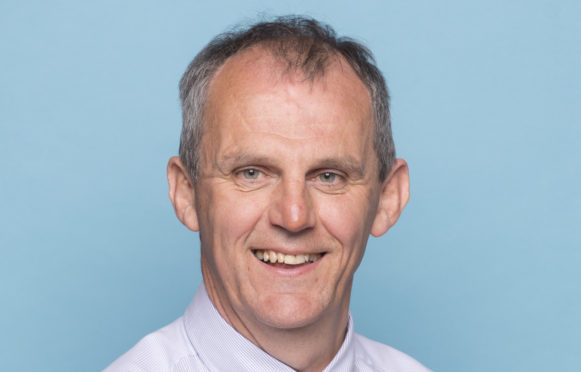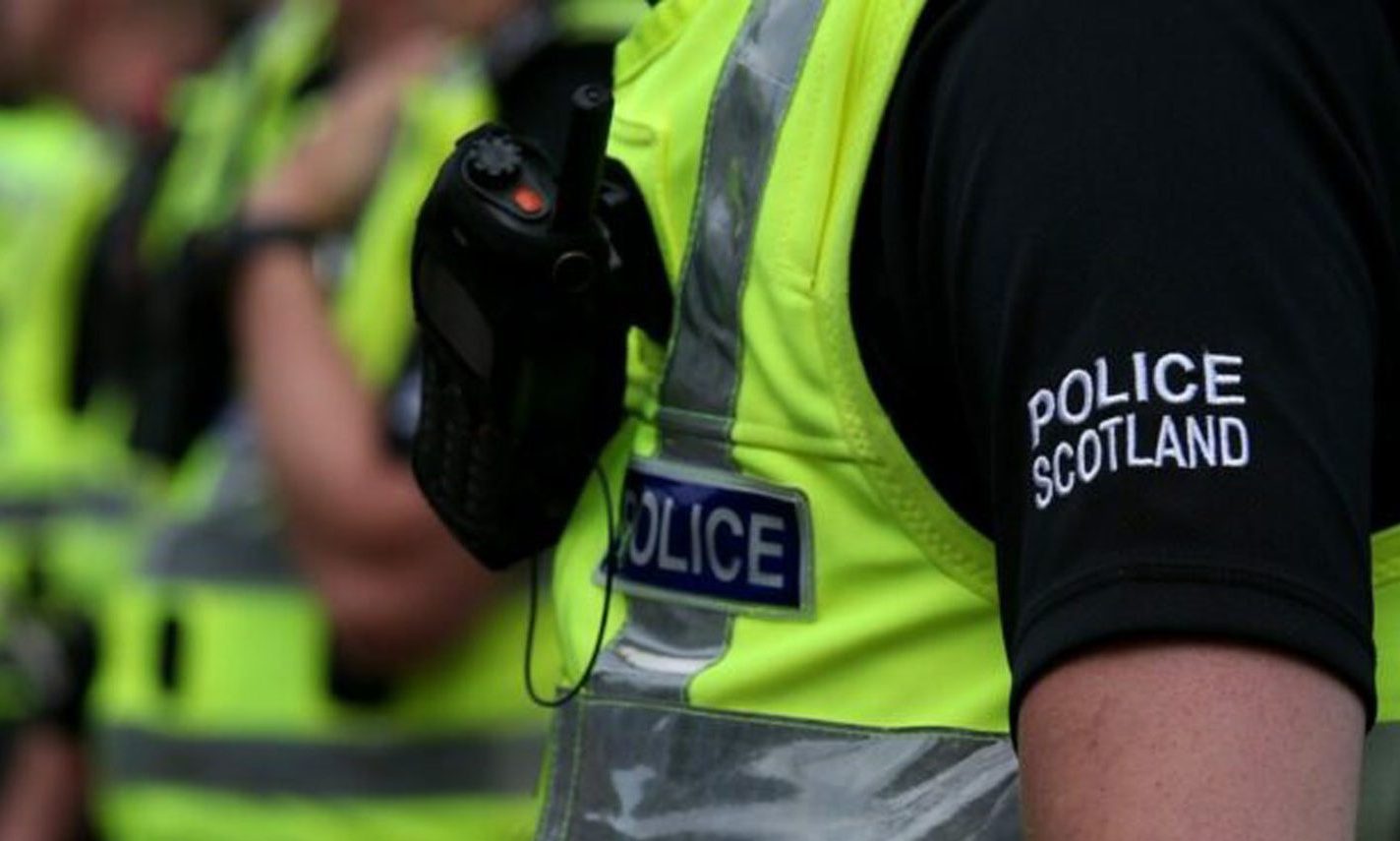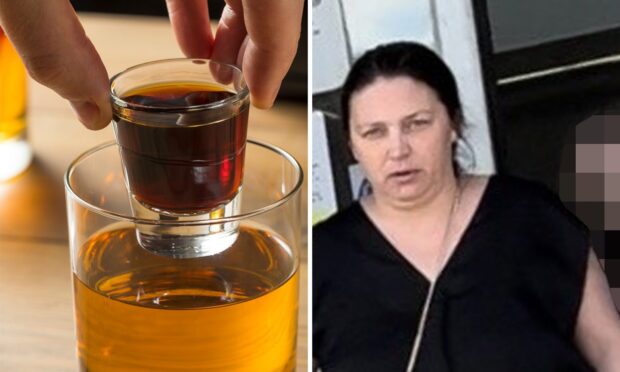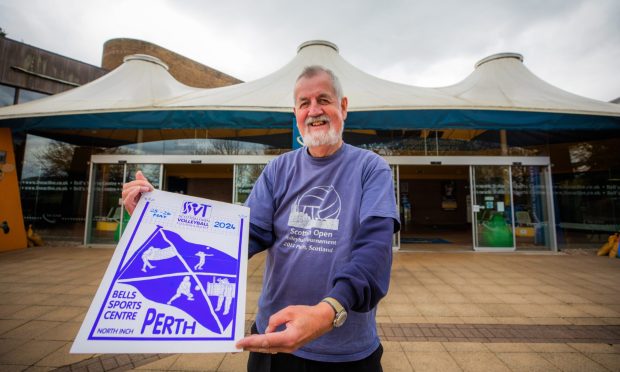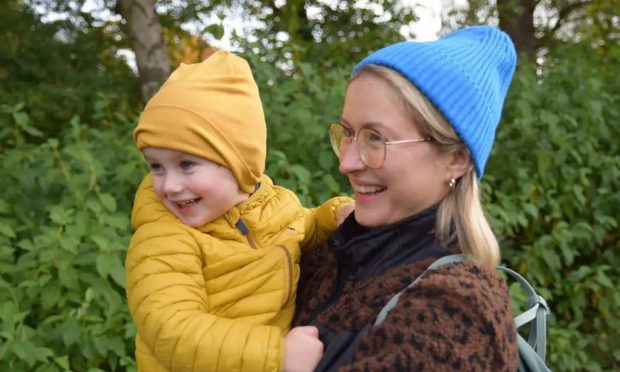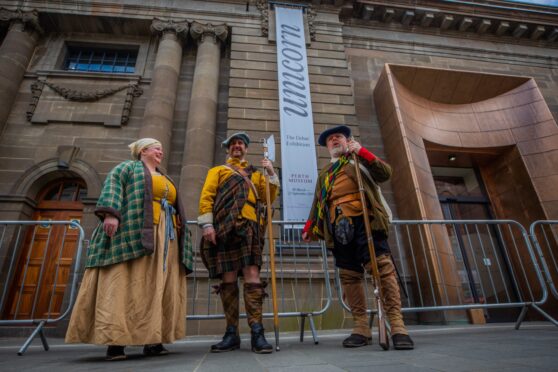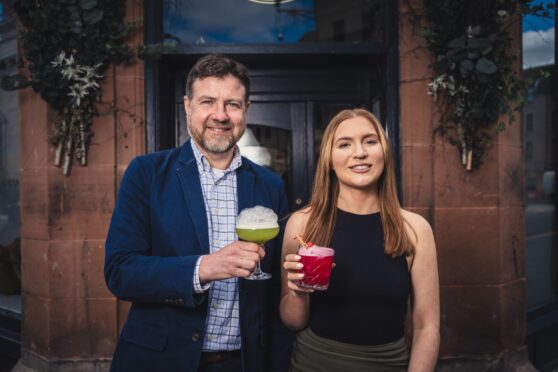A Perthshire Tory councillor has apologised for his “choice of words” after his claim Covid-19 ended in June.
David Illingworth faced calls to resign after his latest controversial tweet on the deadly epidemic..
The Almond and Earn representative said: “The epidemic peaked on April 9th and ended at the end of June. It’s time to stop panicking and get back to living life to the full.”
In a follow-up Tweet, he said: “My degree is in economics and statistics and I’m a big fan of evidence based decision making.”
The furious backlash saw SNP politicians demand his resignation and members of his own party distance themselves from the comments. Deputy First Minister John Swinney called it “recklessness at its worst”.
Mr Illingworth returned to social media on Thursday to say: “I apologise for my Tweet that said the Covid epidemic ended at the end of June.
“I upset many people with my choice of words and for that I’m very sorry.”
I apologise for my Tweet that said the Covid epidemic ended at the end of June. I upset many people with my choice of words and for that I’m very sorry. I did not infer that people should break Covid rules. I know that PKC staff work very hard to reduce Covid risk in communities.
— David Illingworth (@DavidfromScotla) September 17, 2020
He told The Courier: “I am very sorry that I have upset a lot of people.
“There is a lot of nervousness and concern out there about the rising number of cases in Scotland.
“What I said was insensitive and it was a big mistake to do that.”
His apology was welcomed by other local politicians but some concerns remained about the severity of his initial claims.
SNP Councillor Grant Laing said: “I welcome the apology as far as it goes.
“But it was not the choice of words he should be apologising for but the sentiment itself.
“He should also be apologising to members of the public who have been adhering to social distancing rules.”
SNP councillor Eric Drysdale added: “I’m glad that David has now come out and apologised for his very ill-considered tweet which, as he says, has caused an awful lot of upset.
“Not only that, of course, as a community elected representative people may have taken him at his word on such matters, and so his remarks were not only upsetting but potentially downright dangerous.”
Conservative MSP for Mid Scotland and Fife, Liz Smith added: “I welcome the apology.”
Council Leader, Conservative Murray Lyle said: “I think it was the right thing to do.
“I don’t know what his reasoning is, and I don’t want to interfere in that, but I think he did the right thing.”
